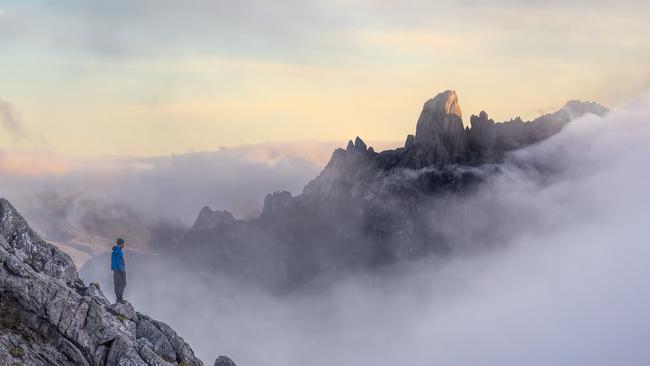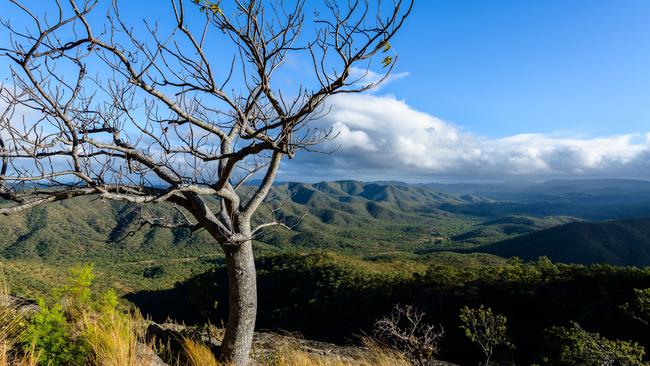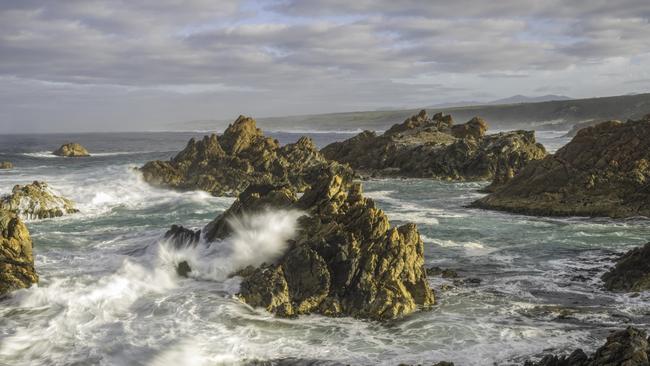Aussies oppose wilderness tourism development: polling
New polling suggests concerns about state governments pushing tourism developments inside national parks are broadly held, across the political spectrum.

New polling suggests concerns about state governments pushing tourism developments inside national parks are broadly held across the political spectrum.
Roy Morgan polling, commissioned by two wilderness photographers and writers, shows 63 per cent of Australians believe luxury lodges and helicopter-based tourism should be kept out of wilderness areas. The poll, of 1200 Australians in May, follows a range of controversial development proposals inside national parks and wilderness areas from Hinchinbrook Island in Queensland to Lake Malbena in Tasmania and Kangaroo Island in South Australia.
It also comes amid debate over the effectiveness and future of the centrepiece federal environment protection legislation – the Environment Protection and Biodiversity Conservation Act – and a looming federal election.

The poll shows that overall 90 per cent of Australians believe remaining wilderness areas should be protected, including 86 per cent of Coalition voters, 91 per cent of Labor supporters and 94 per cent of Greens voters.
In terms of the construction of luxury lodges and helicopter-based tourism inside wilderness areas, 50 per cent of Coalition supporters oppose the concept, along with 68 per cent of Labor voters and 81 per cent of Greens voters.
Wilderness researchers Martin Hawes and Grant Dixon said the polling they commissioned suggested support for wild places remaining wild was widespread and included Australians of different political persuasions.
“Australia is one of only five countries that contain over 70 per cent of the Earth’s remaining wilderness outside Antarctica,” Mr Hawes said. “Wilderness areas are vital to the ecological health of the planet.
“They play a major role in storing carbon, stabilising climate and protecting biodiversity. Yet wilderness is rapidly being lost, both globally and within Australia.”
He said the federal government could broaden protection of Australia’s wilderness by restoring the national wilderness mapping program, and ensuring wilderness values were acknowledged as criteria for National Heritage listings.
Mr Dixon said the polling suggested even Australians who did not visit wilderness wanted it protected from development for future generations.

He cited widespread opposition to a proposed helicopter-based tourism camp at Lake Malbena, inside the Tasmanian Wilderness World Heritage Area. “The proposal has met with a storm of protest from fishers, bushwalkers and other wilderness lovers,” he said.
Tasmania – which has an “expressions of interest” process encouraging development inside national parks – has become a focus of a national debate about such development.
Similar controversies have raged in recent times over Queensland’s expressions of interest for eco-tourism ventures in three national parks, including Hinchinbrook Island in the Great Barrier Reef Marine Park.
There has also been debate about SA allowing luxury lodges on the Kangaroo Island Wilderness Trail in Flinders Chase National Park and about similar development on a walking trail in Uluru-Kata Tjuta National Park.



